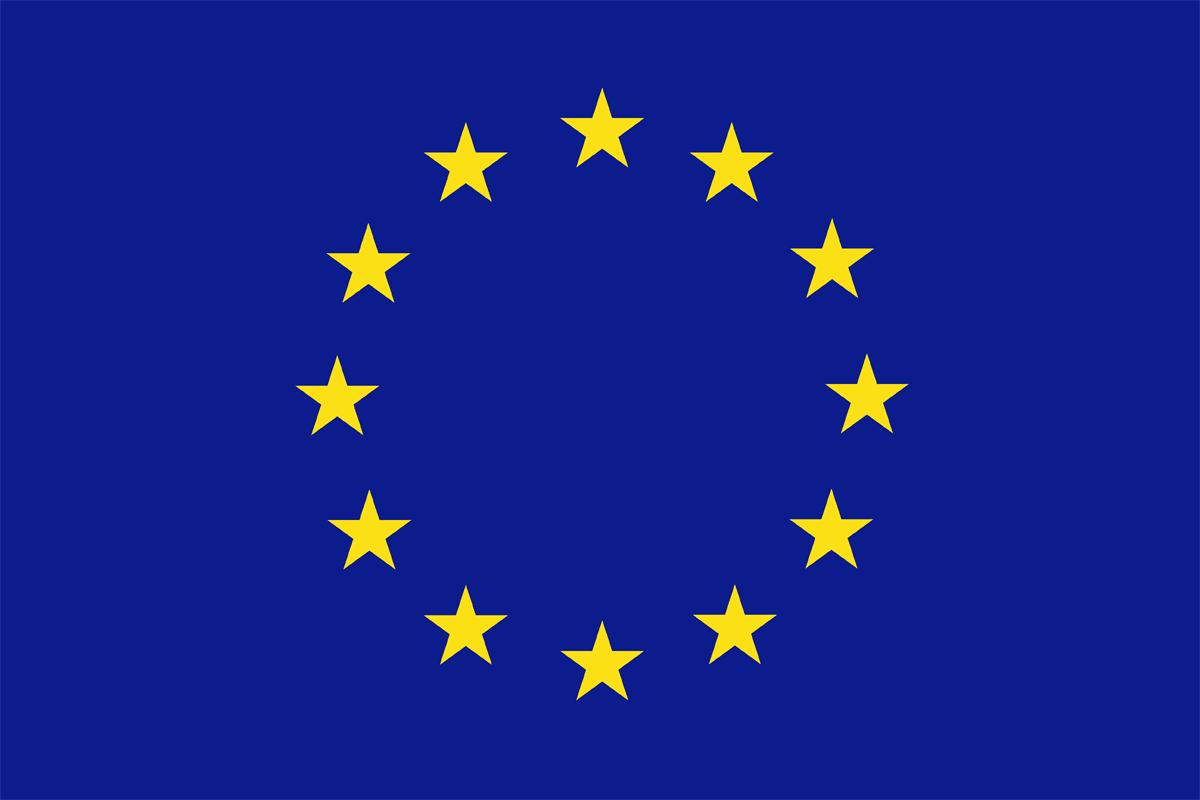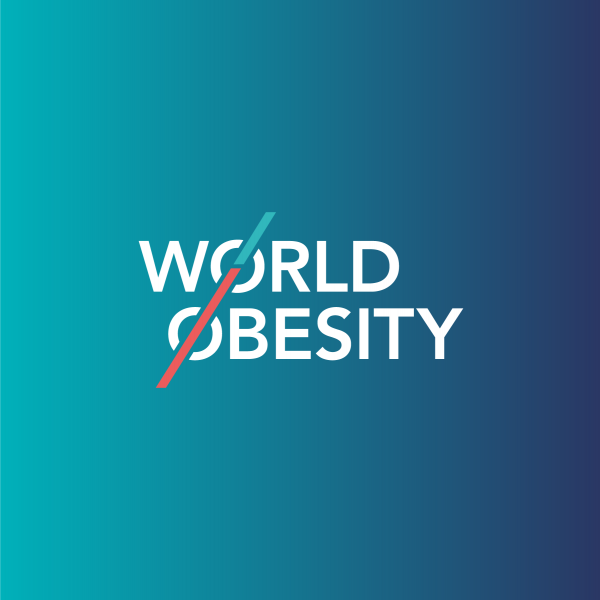Physical Activity
Despite a limited evidence base linking exercise and weight loss, exercise incontestably confers significant physical and mental health benefits for everyone, including for people living with overweight and obesity.
Physical activity is associated with improved cognitive and academic performance for children and adolescents. At the same time, insufficient physical activity is one of the leading risk factors for increased mortality rates from chronic conditions including type 2 diabetes, stroke, cancer, and heart attacks. Nevertheless, currently, over a quarter of the world’s adult population is insufficiently active, a trend which has worsened due to lockdowns and movement restrictions in place due to the COVID-19 pandemic.
Through this dossier, we will be collating known evidence, resources, and materials pertaining to obesity and physical activity. We aim to increase understanding of the role of physical activity and exercise in obesity and weight management. The dossier will also explore global recommendations and country-specific case studies on policies and interventions that have been or should be implemented to increase physical activity.
The development of the policy dossiers has been, in part, supported by an operational grant under the European Commission's Third Health Programme (2014-2020). The European Commission is not responsible for any use that may be made of them. World Obesity Federation is responsible for the continued updating of all dossiers.









